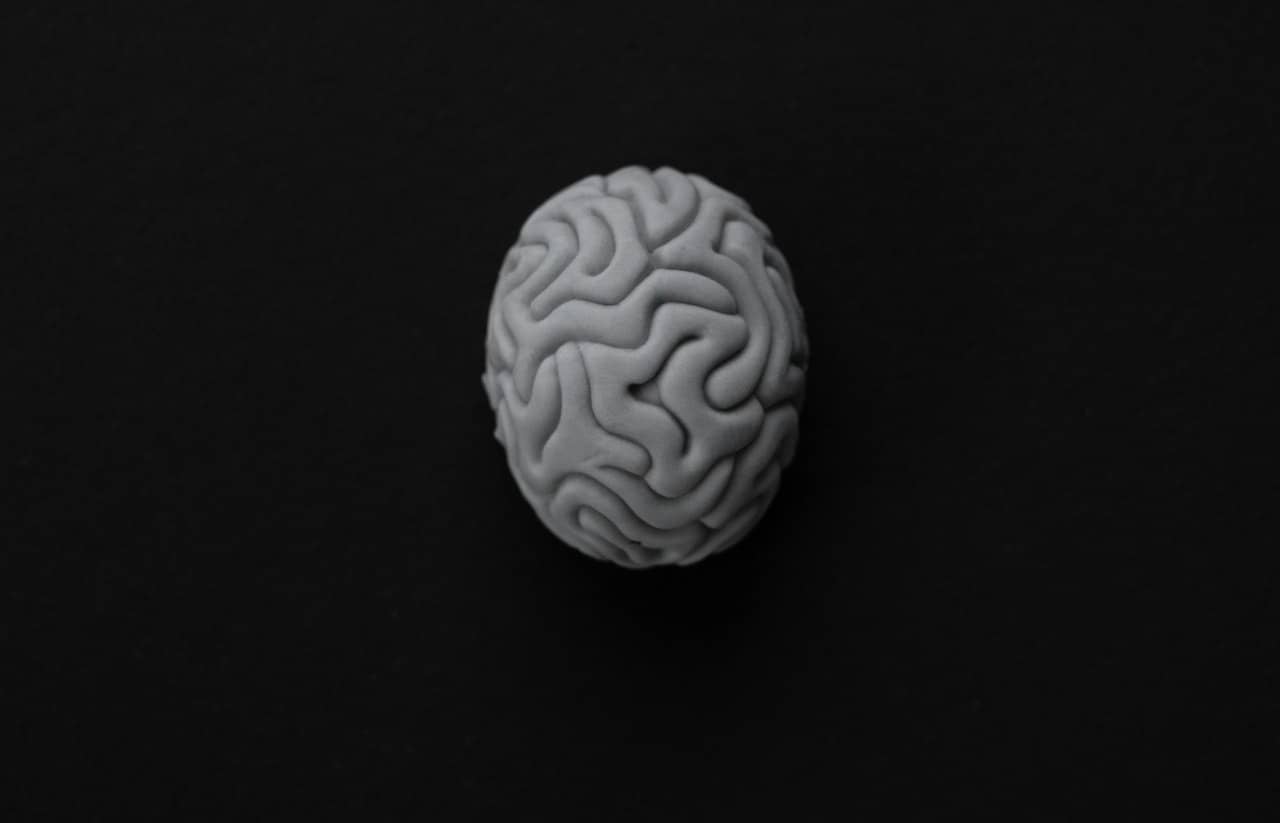In the realm of medical conditions and injuries, few are as enigmatic and widely misunderstood as brain injuries. When the term “brain injury” is mentioned, various myths and misconceptions often come to mind. In this article, we will embark on a journey to debunk some of the most pervasive brain injury myths, shedding light on the reality of these conditions. We’ll address questions like, “Do brain injuries ever fully heal?” and “Are you ever the same after a brain injury?” To achieve this, we will delve into the world of brain injuries, explore their complexity, and rely on credible sources, primarily referencing information from the United Kingdom. We also delve into how best to start a serious injury claim.
Myth 1: Brain Injuries Are Always Permanent
One of the most common misconceptions about brain injuries is that they are invariably permanent. While it’s true that some brain injuries result in long-term or even permanent damage, not all cases fit this narrative. Many factors influence the outcome of a brain injury, including its type and severity, as well as the quality and timeliness of medical care.
In the United Kingdom, the NHS (National Health Service) plays a pivotal role in treating brain injuries. They emphasise that rehabilitation and therapy can significantly aid in recovery. For instance, individuals who sustain mild traumatic brain injuries (concussions) may experience a complete recovery with time and proper care. Thus, it is important to understand that brain injuries are not always a life sentence; they can and do improve over time.
Myth 2: All Brain Injuries Are the Same
The idea that all brain injuries are identical is another prevalent myth. In reality, there are several types of brain injuries, each with its own unique characteristics and potential consequences. Understanding these distinctions is crucial to debunking this myth.
- Traumatic Brain Injury (TBI): These injuries result from external forces, such as accidents or falls. TBIs range from mild concussions to severe injuries that may lead to long-term disability.
- Acquired Brain Injury (ABI): ABIs occur due to non-traumatic causes like strokes, infections, or tumours. The effects can vary widely, depending on the underlying condition and its treatment.
- Concussion: Often considered a mild form of TBI, concussions can still have significant short-term effects, but they generally resolve with time.
- Hypoxic-Ischemic Brain Injury: This occurs when the brain doesn’t receive enough oxygen or blood, often leading to severe consequences.
Understanding these differences is crucial, as it dispels the notion that all brain injuries are uniform in nature.
Myth 3: Brain Injuries Leave You Unchanged
It’s common for people to wonder if one can ever be the same after a brain injury. The truth is that brain injuries almost always bring about some degree of change. These changes can vary widely depending on the type and severity of the injury, but they are virtually inevitable.
The degree of change can range from subtle cognitive alterations to profound shifts in personality and abilities. For instance, someone with a mild concussion may experience temporary memory problems and mood swings, while a severe TBI can lead to permanent cognitive deficits and personality changes.
The journey to recovery can be challenging and unpredictable, but it is possible to adapt and thrive despite these changes. In the UK, individuals with brain injuries often receive support from healthcare professionals and rehabilitation services to help them regain lost skills and adapt to their new realities.
Myth 4: Brain Injuries Are Always Visible
When thinking of brain injuries, it’s easy to picture external signs like casts, bandages, or scars. However, many brain injuries do not come with visible, physical indicators. In fact, some of the most significant brain injuries may not be apparent to the naked eye.
This myth is especially important to debunk because it highlights the importance of recognizing and addressing hidden brain injuries. Conditions like post-concussion syndrome or mild traumatic brain injuries may not be immediately visible, but they can have profound effects on an individual’s life. In the UK, healthcare providers are increasingly vigilant in diagnosing and treating these hidden injuries to ensure that individuals receive the care they need.
Myth 5: Recovery Plateaus Quickly
A common misbelief about brain injuries is that recovery plateaus quickly, with little improvement occurring beyond the initial stages. In reality, recovery from a brain injury is a dynamic and ongoing process. The notion that improvement stops after a certain point is a harmful myth that can discourage both patients and their families.
In the UK, healthcare professionals recognise the potential for continued progress, even years after a brain injury. Rehabilitation programs are designed to adapt to an individual’s evolving needs and goals. While it’s true that the rate of improvement may slow down over time, this does not mean that recovery has come to a halt.
Making a Serious Injury Claim with National Claims
At National Claims, we understand the significant impact that brain injuries can have on individuals and their families. We also recognize the importance of debunking the myths surrounding brain injuries to provide the support and compensation that our clients deserve. If you or a loved one has suffered a brain injury due to someone else’s negligence or fault, we’re here to guide you through the process of making a serious injury claim.
Understanding Brain Injuries
Before delving into the claims process, it’s crucial to have a clear understanding of brain injuries and their complexities. As we’ve discussed in this article, brain injuries can vary widely in type and severity. Whether it’s a traumatic brain injury (TBI) resulting from an accident, an acquired brain injury (ABI) due to a medical condition, or a concussion, each case is unique.
Gathering Evidence
When pursuing a serious injury claim related to a brain injury, gathering evidence is a critical first step. This includes medical records, accident reports, witness statements, and any other documentation relevant to the incident. At National Claims, our experienced team will work closely with you to ensure all necessary evidence is collected and organised to support your case.
Determining Liability
Establishing liability is a crucial aspect of a brain injury claim. In many cases, brain injuries result from accidents that could have been prevented if not for someone else’s negligence or wrongdoing. Whether it’s a car accident, workplace incident, medical malpractice, or another circumstance, our experts will investigate the details of the incident to determine liability.
Calculating Compensation
Compensation for brain injuries can encompass various aspects, including medical expenses, rehabilitation costs, lost income, pain and suffering, and more. Our team at National Claims will work diligently to calculate the full extent of your damages to ensure you receive the compensation you deserve.
Legal Representation
Navigating the legal process for a serious injury claim can be overwhelming, especially when dealing with the complexities of brain injuries. Having experienced legal representation is essential to ensure your rights are protected and your claim is pursued effectively. National Claims boasts a panel of skilled solicitors who specialise in brain injury cases, providing you with the expertise needed to achieve a successful outcome.

Conclusion
In conclusion, debunking the myths surrounding brain injuries is crucial to provide accurate information and support to individuals and families affected by these conditions. Brain injuries are not always permanent, they vary in type and severity, and recovery is an ongoing process. Moreover, they can affect individuals of all ages, and many are preventable with the right precautions.
At National Claims, we are committed to helping individuals who have suffered brain injuries due to the negligence of others. We understand the intricacies of these cases and strive to provide our clients with the guidance and legal representation they need to make a successful serious injury claim. By dispelling the myths and offering our expertise, we aim to ensure that our clients in the UK receive the compensation and support they deserve on their path to recovery and justice.
Contact us today to learn more about how we deal with brain injuries and start your claim.
Click below to see why we are one of the most trusted claims management companies in the UK.

We’re proud of our excellent customer reviews
We thrive on delivering exceptional service and ensuring our clients’ satisfaction. Don’t just take our word for it. Check out some of our independent reviews to see what our clients have to say.
Excellent

This firm is excellent, they sorted out my car pay out and injury claim very fast, they always communicate with you all the time.

My accident case was dealt with confidence and with great result of the outcome, especially James kept me informed all the time.

I was very impressed at the way my inquiry was treated. I was listened to attentively and everything I needed to know was explained to me.






